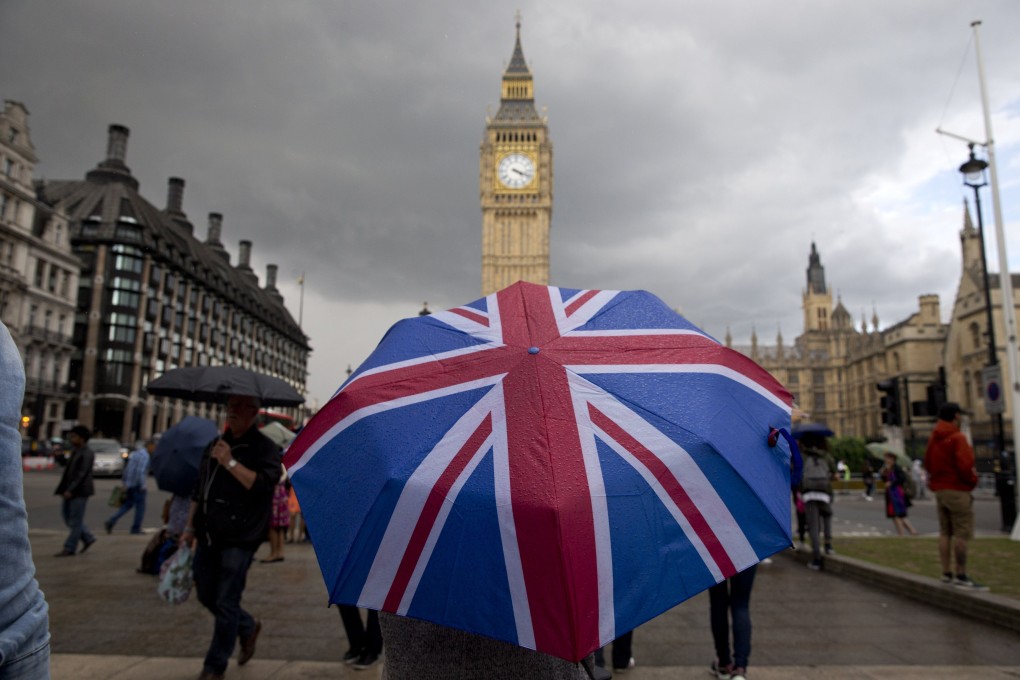My Take | Soft power, not global ambitions, better suits ‘little Britain’
- The British display of naval power or the lack thereof, in the Black Sea and South China Sea, has been an embarrassment as US defence chief Lloyd Austin gently advises it to stay closer to home

I recently started reading Paul Scott’s The Raj Quartet, initially out of guilt, because the novels had been sitting on my bookshelves for too many years, but now I am totally engrossed by the series.
One reason may well be that I was a British colonial subject, in Hong Kong. Among many achievements, Scott has created a portrait of the all-too-rare British expat, either male or female, who was nevertheless recognisable – a decent and honourable person in the face of a corrosive imperial power that poisons and deforms all human relations with a subject people. Most Brits I have met are not like that, but I have met a few in my lifetime whom I find admirable, and it’s like I am coming across them again in Scott’s pages.
Scott was no apologist for the British Raj or British imperialism in general. He knew, I read from stories about his travels in Asia as a younger man, that it was always going to end, either merely badly or catastrophically. In light of the break-up into India, Pakistan and Bangladesh and the horrible human tolls it cost, “catastrophic” doesn’t seem an exaggeration.
While everyone loves success and domination, managing decline well requires an entirely different order of intelligence, experience and wisdom. What I have always thought people need is not a Machiavelli or a Sun Tzu to teach them how to succeed and prevail, but how to deal with failure or decline with grace and dignity; a soft landing, as they say. Certainly, we see nothing of that level of intelligence and wisdom in the contemporary United States. That deficiency, and not the so-called Thucydides trap, is what will likely cause a war with China.
But just as History with a capital H was set to treat post-imperial Britain kindly, its contemporary leaders look set to turn its hitherto likely verdict around. The mandarins in Whitehall used to think they could play wise Greece to imperial Rome with the US. Today, they seem even more lost at sea, quite literally, than their American cousins.
